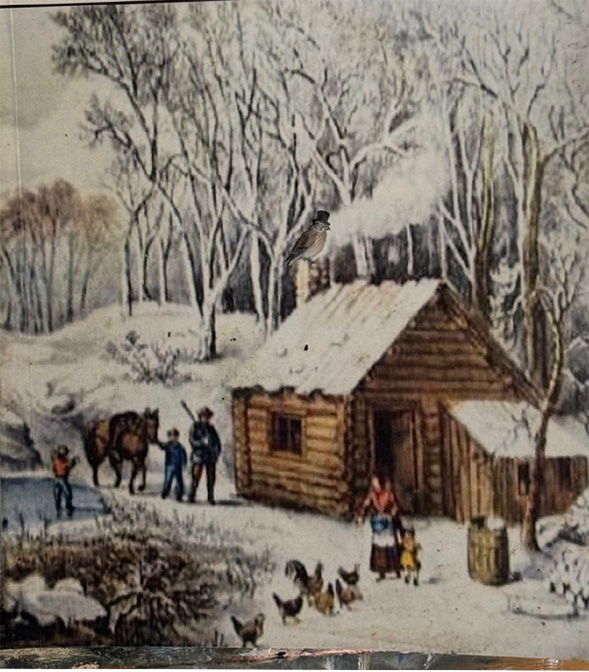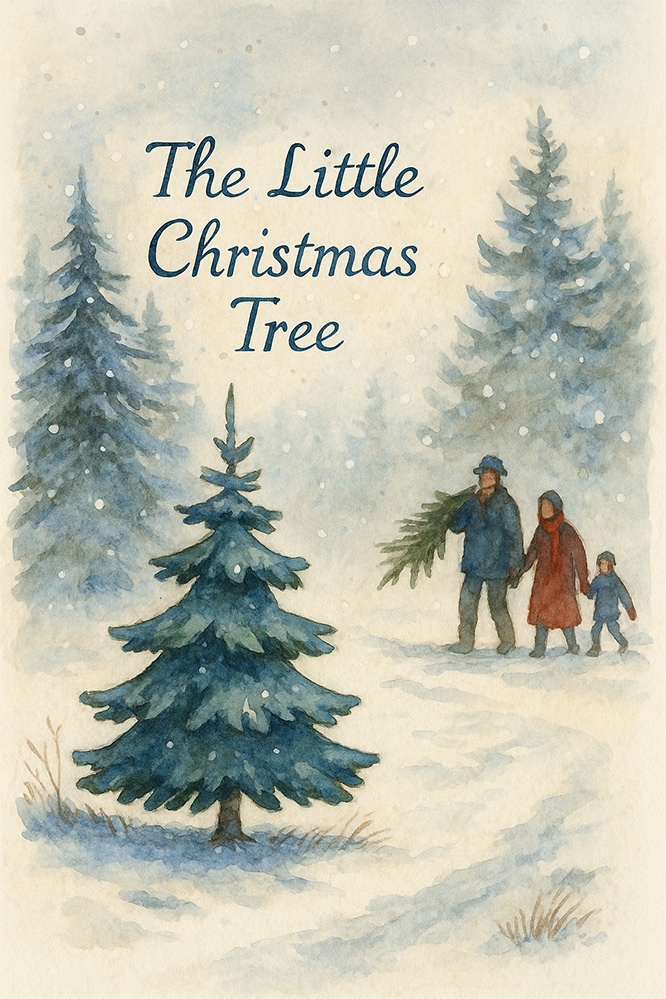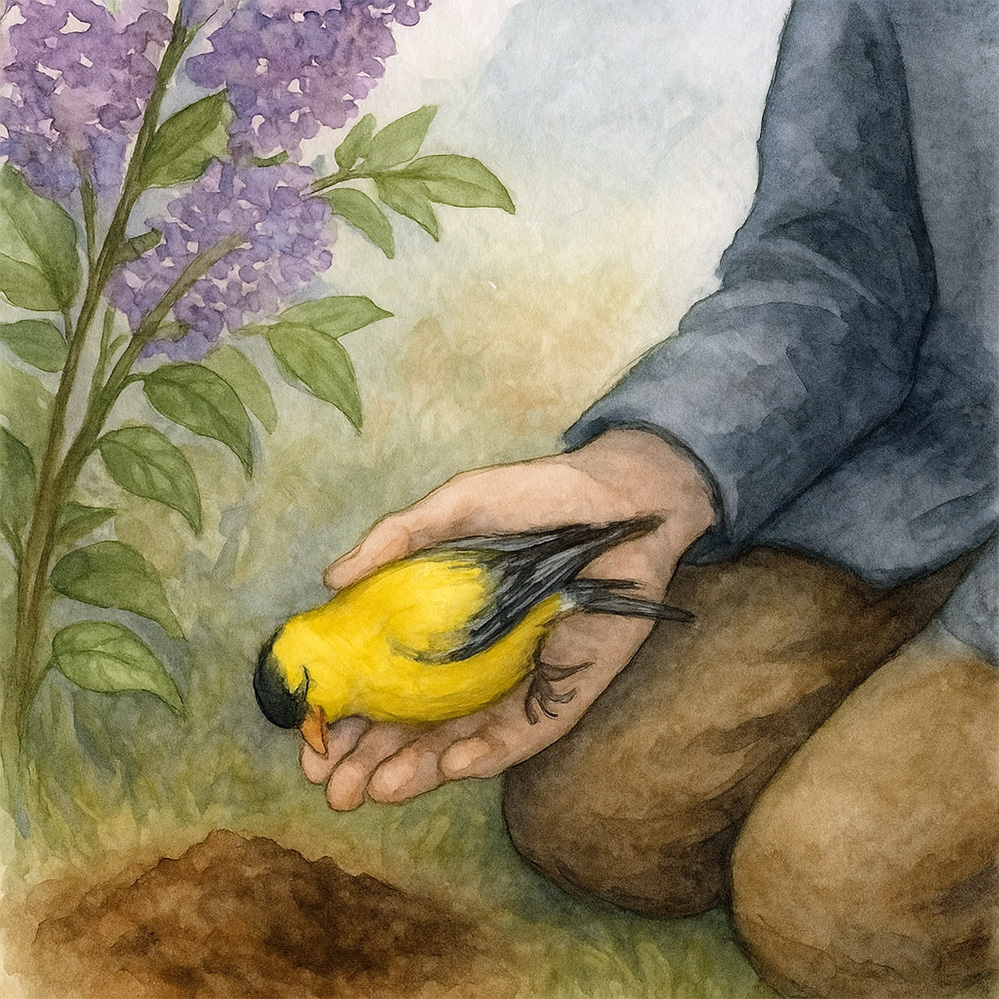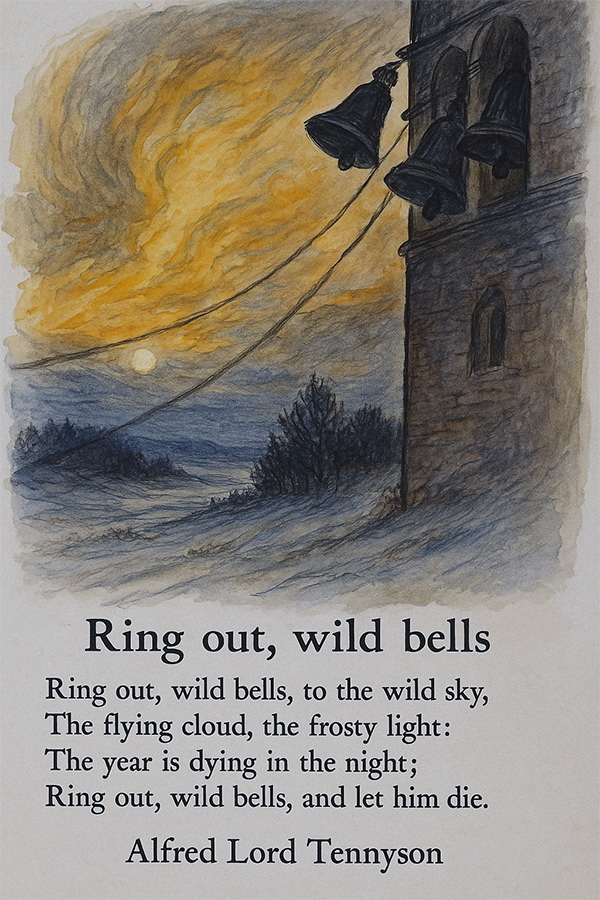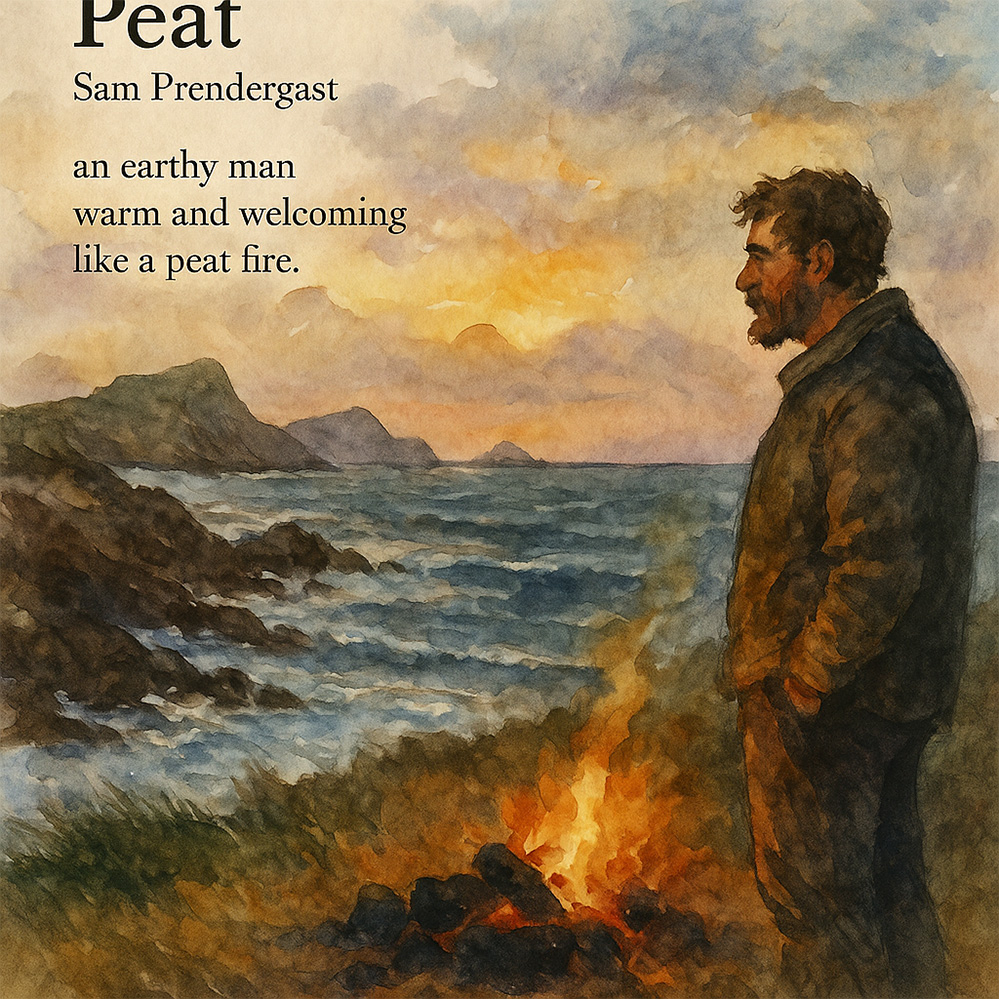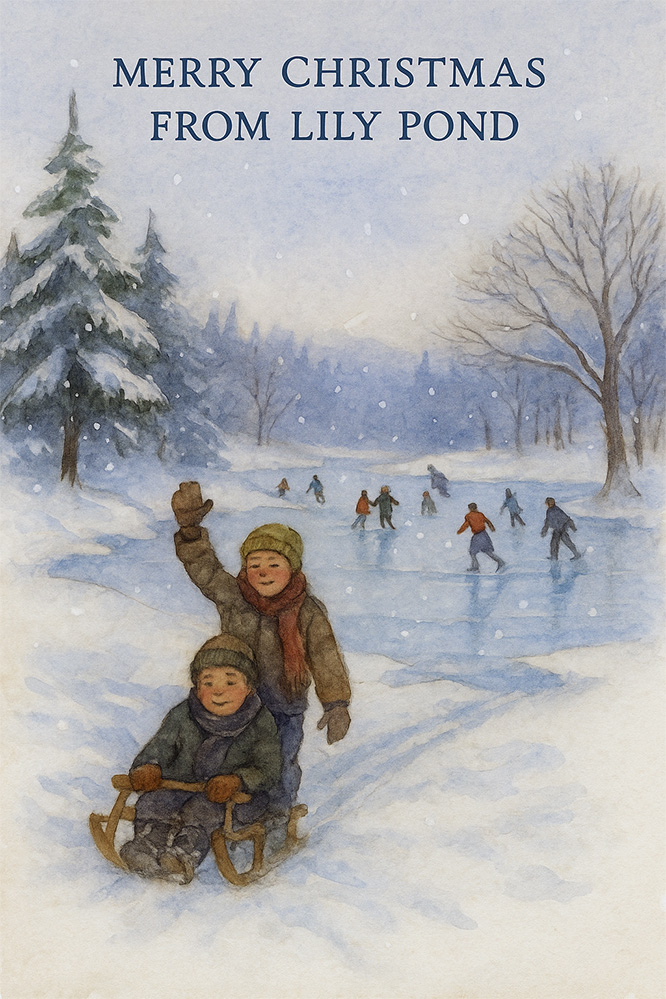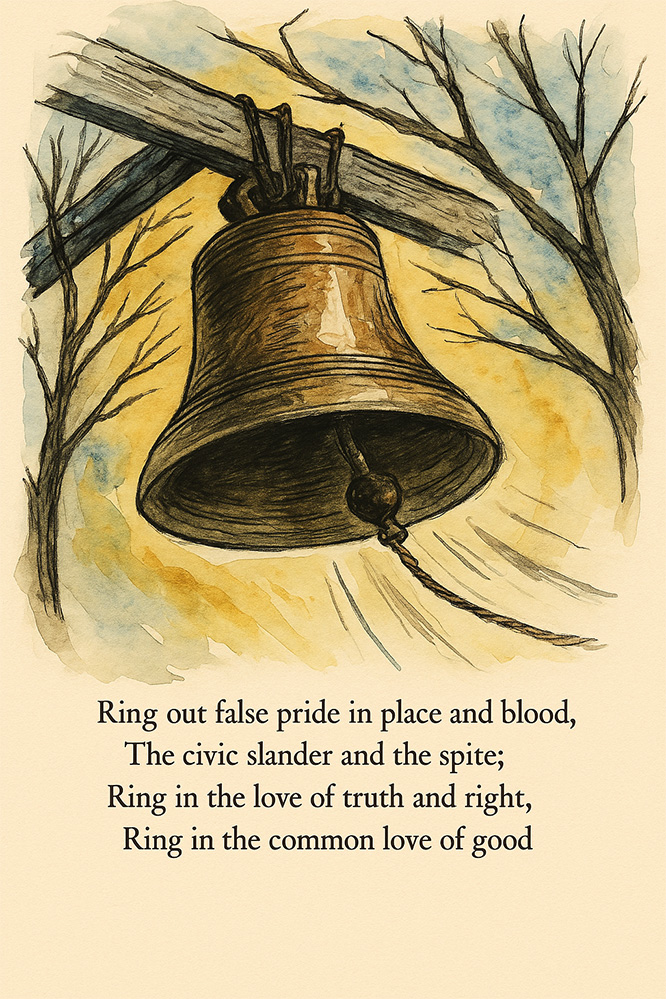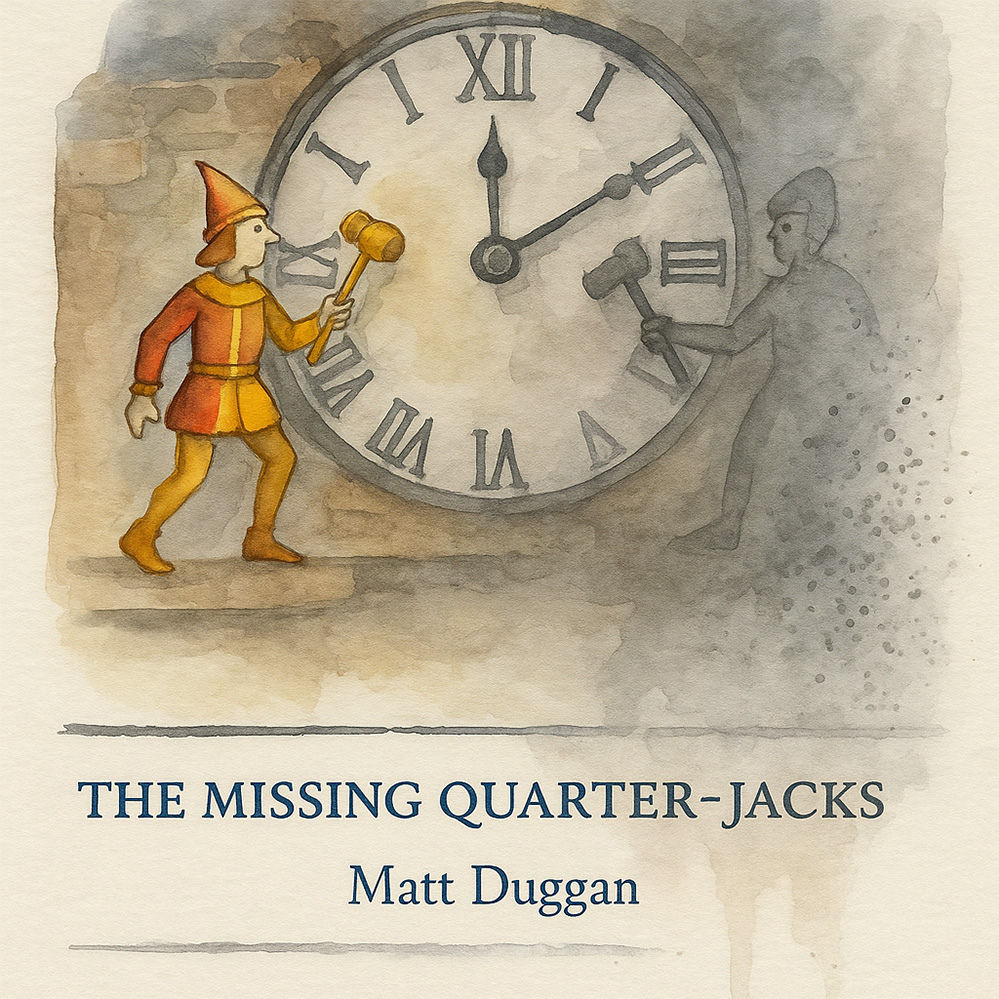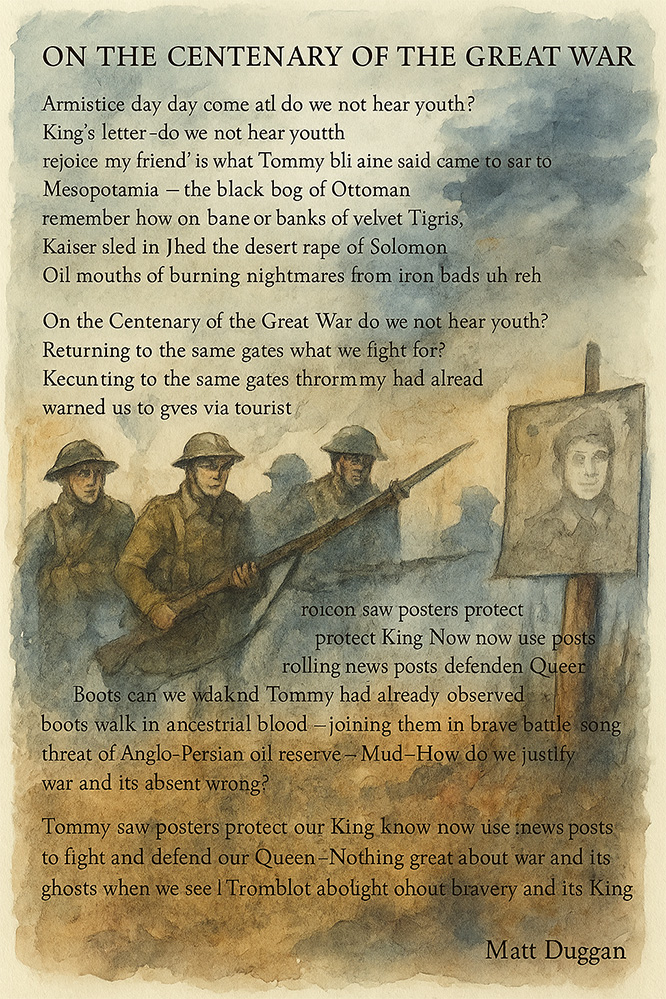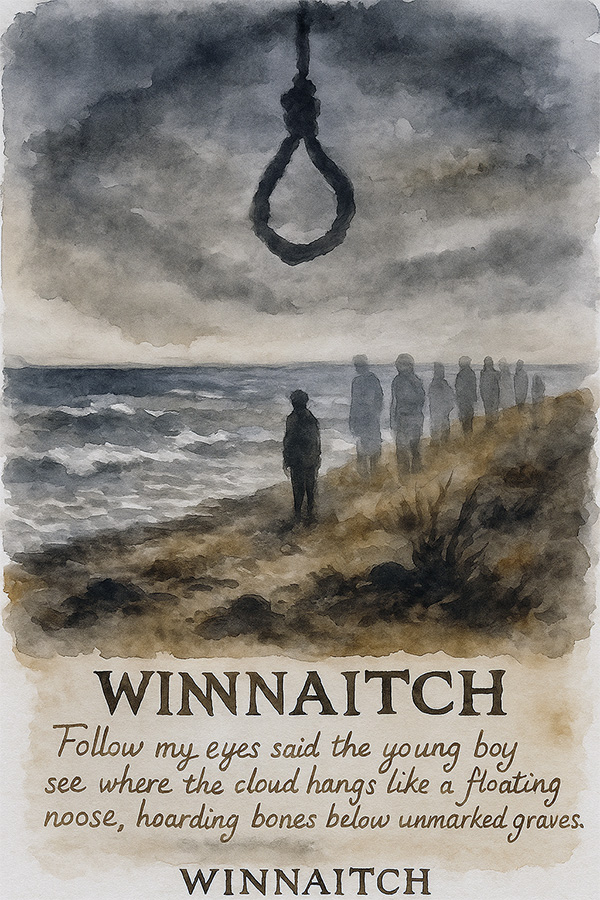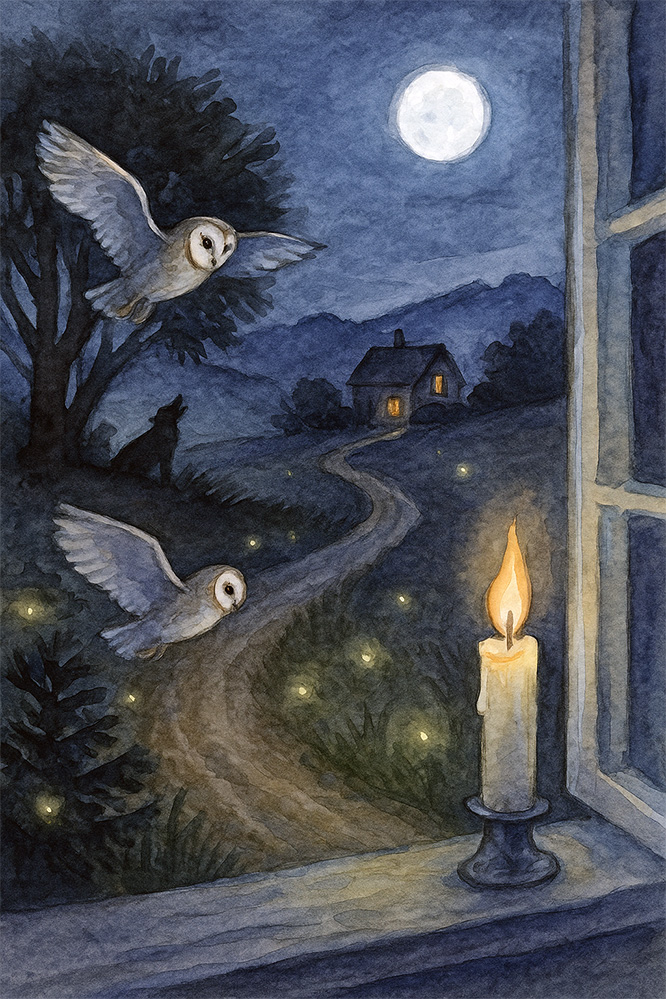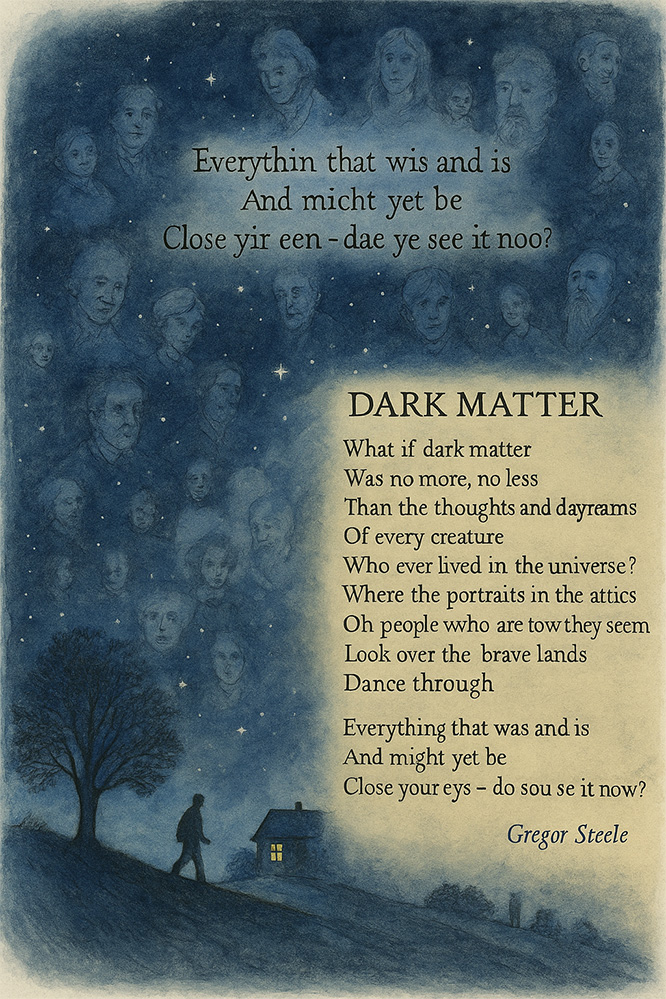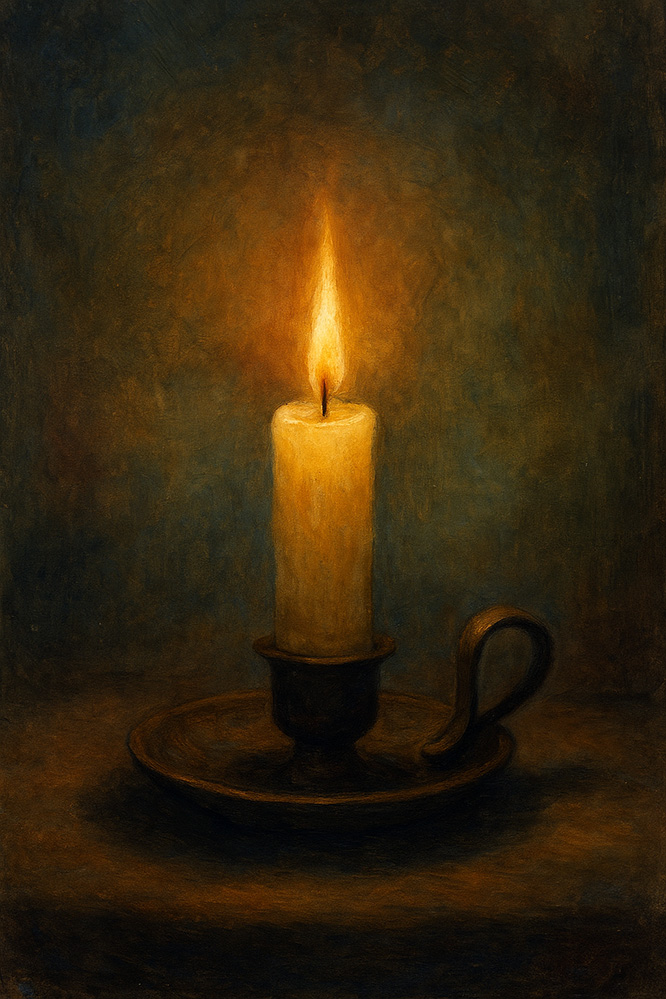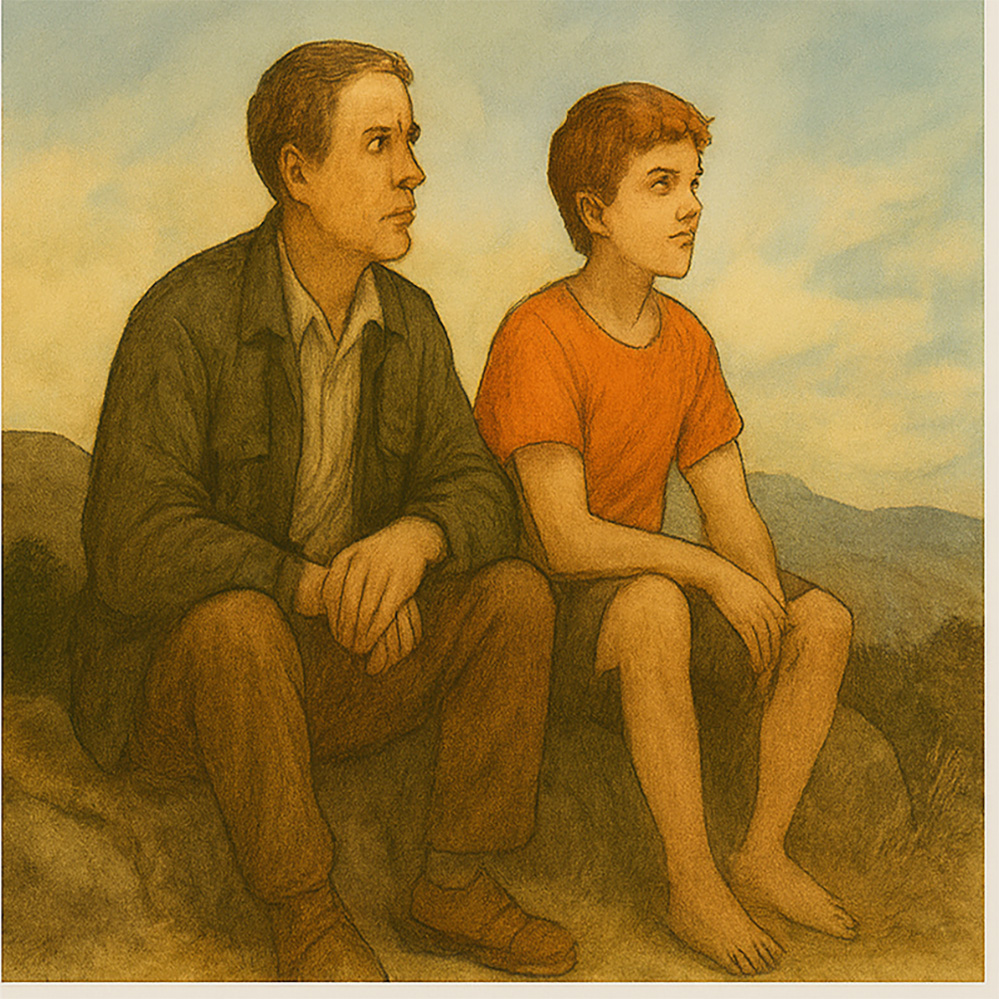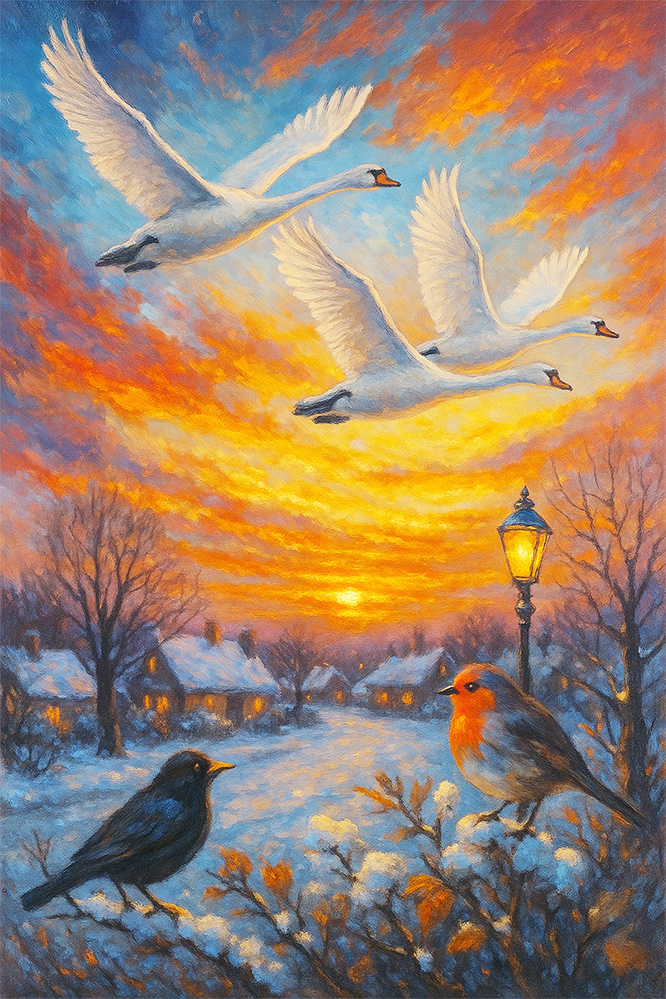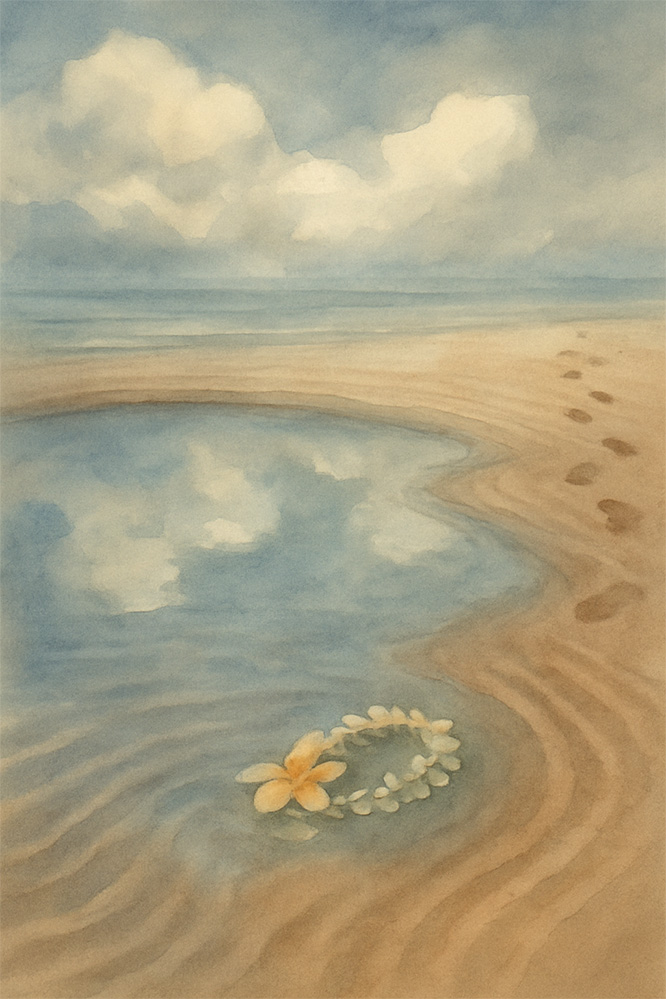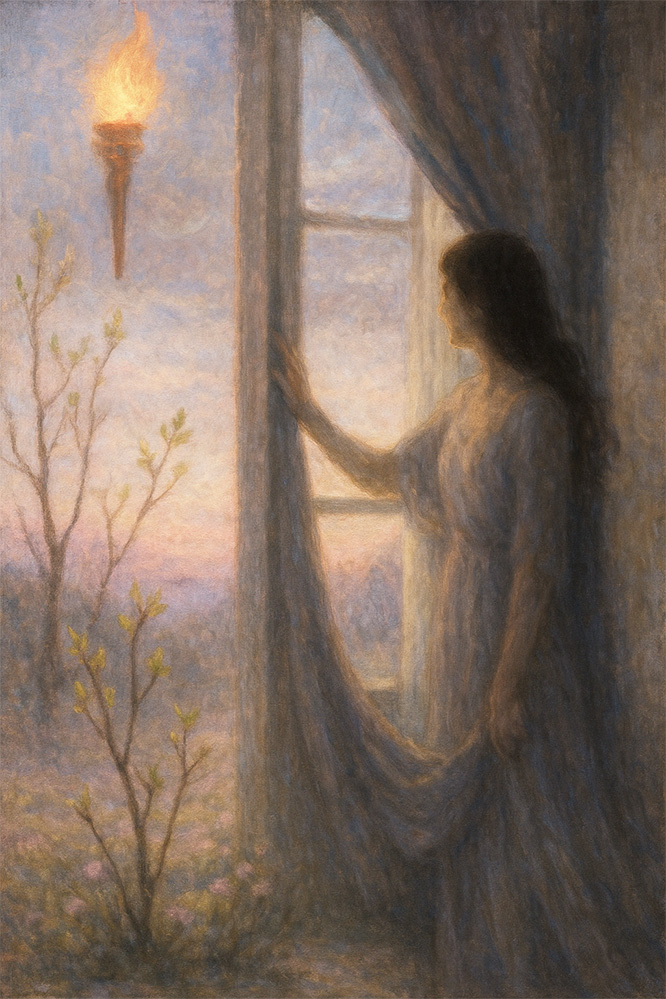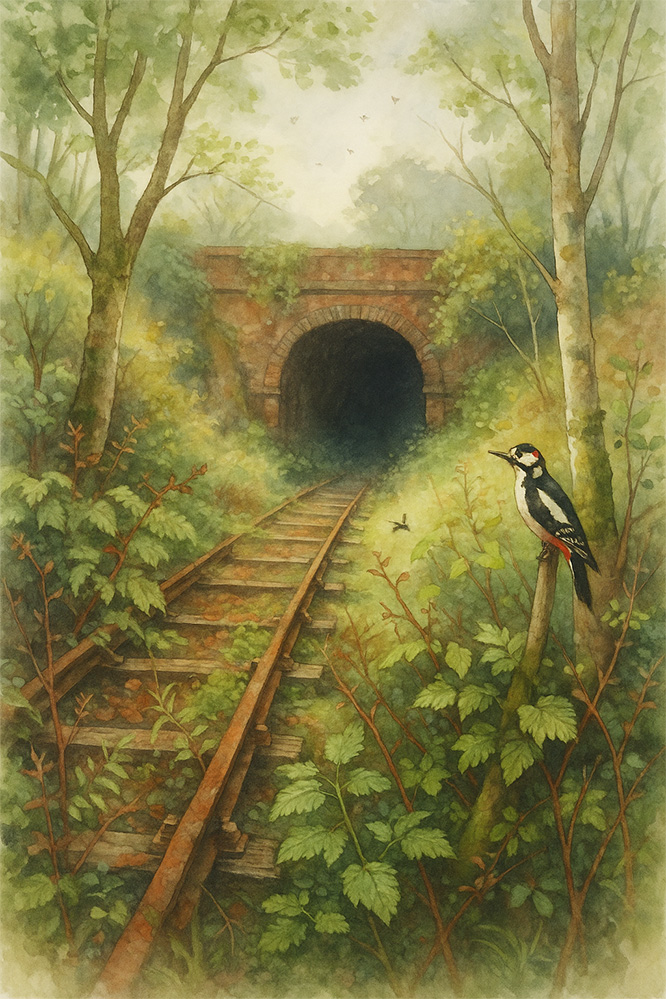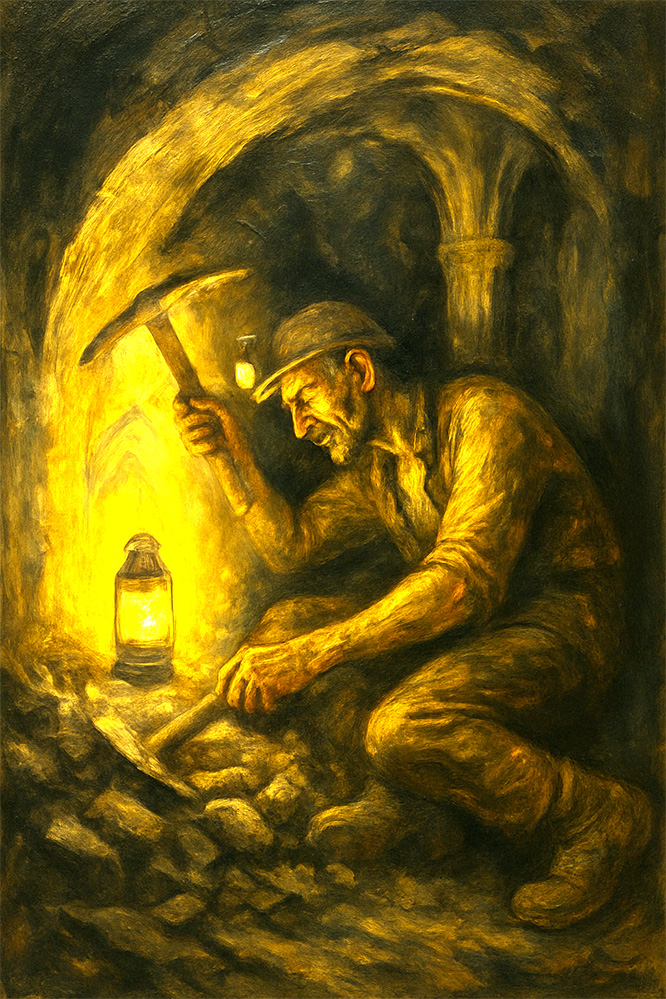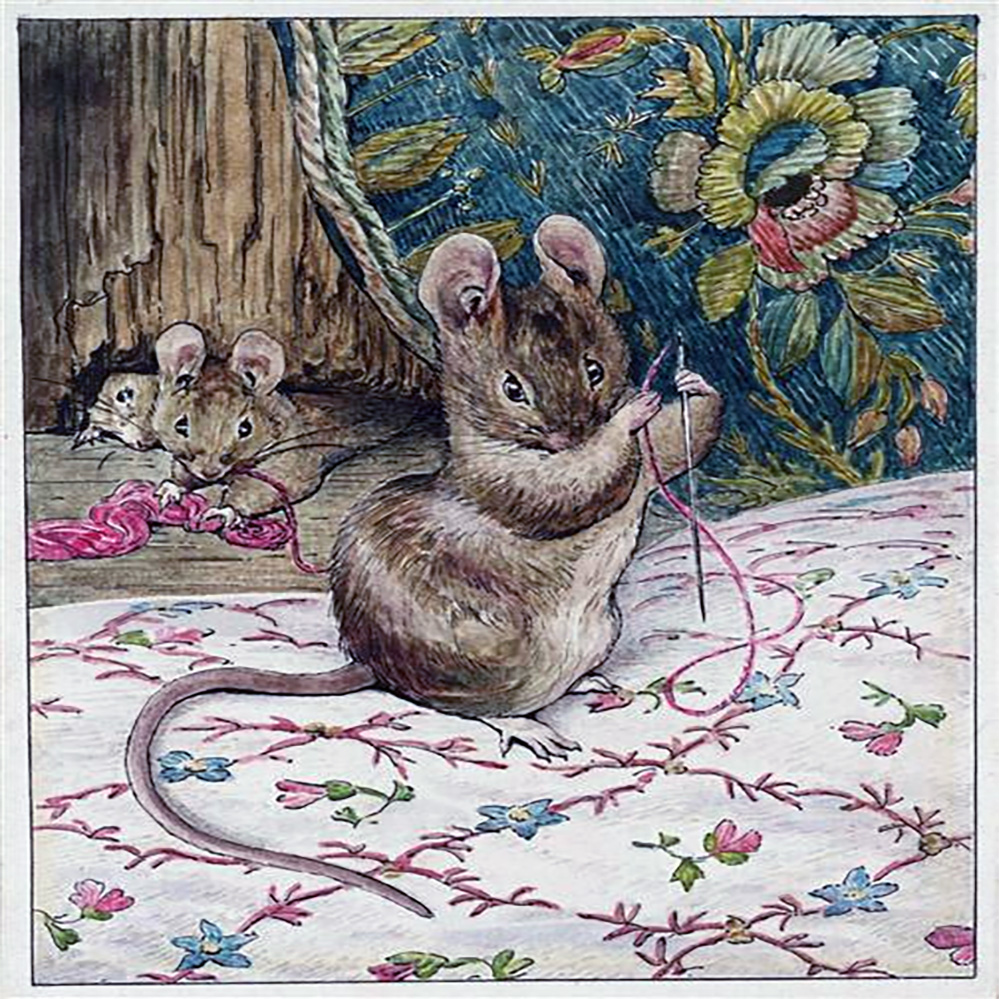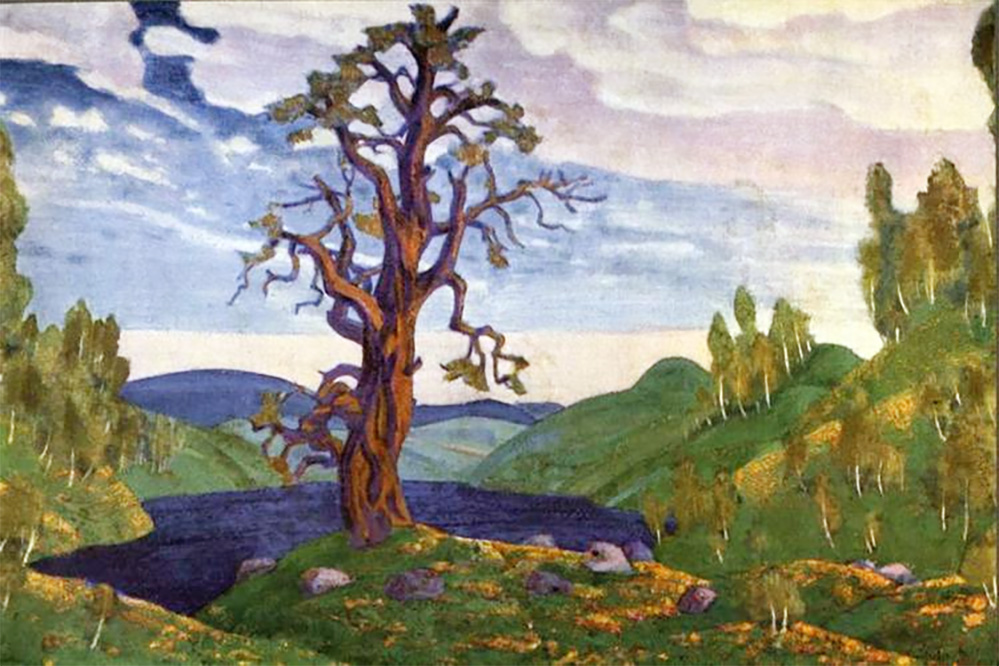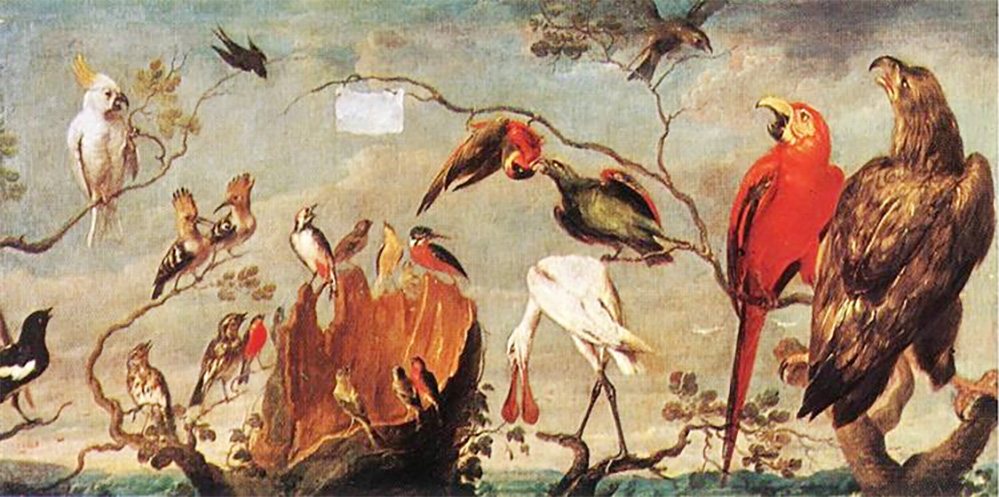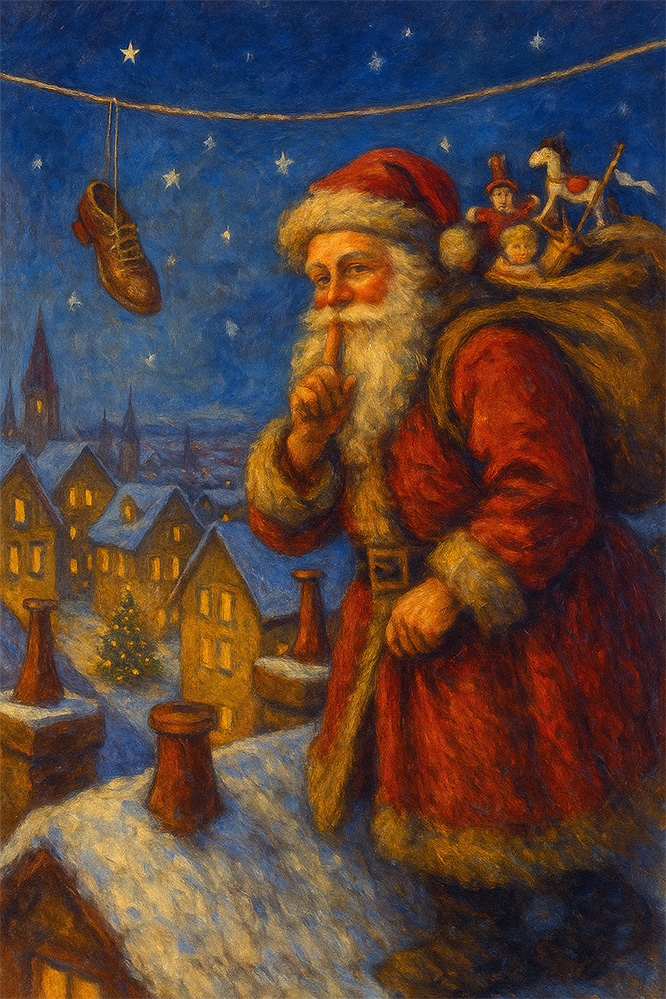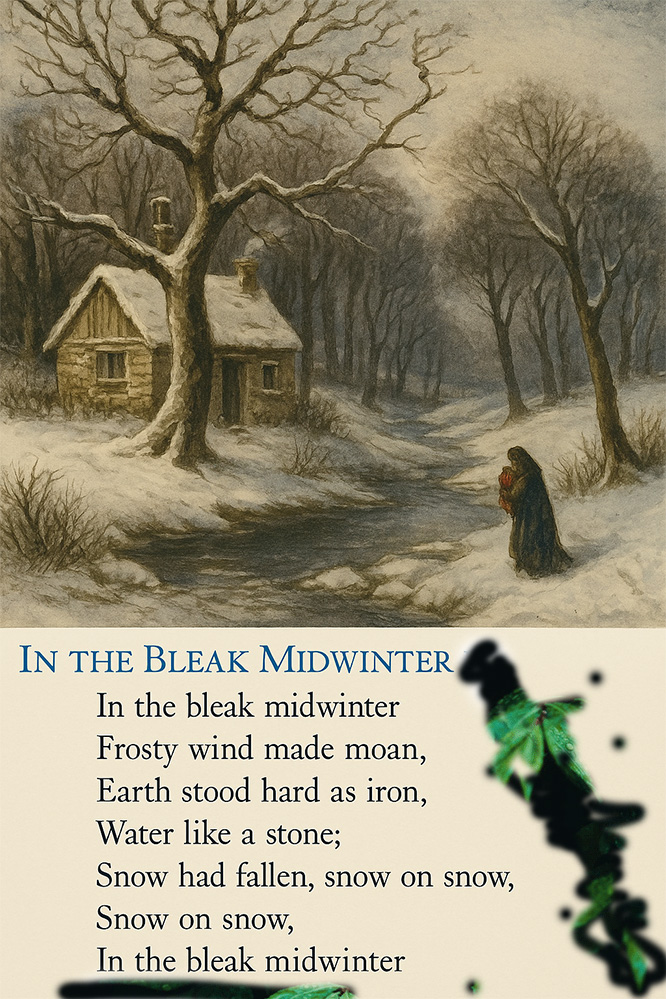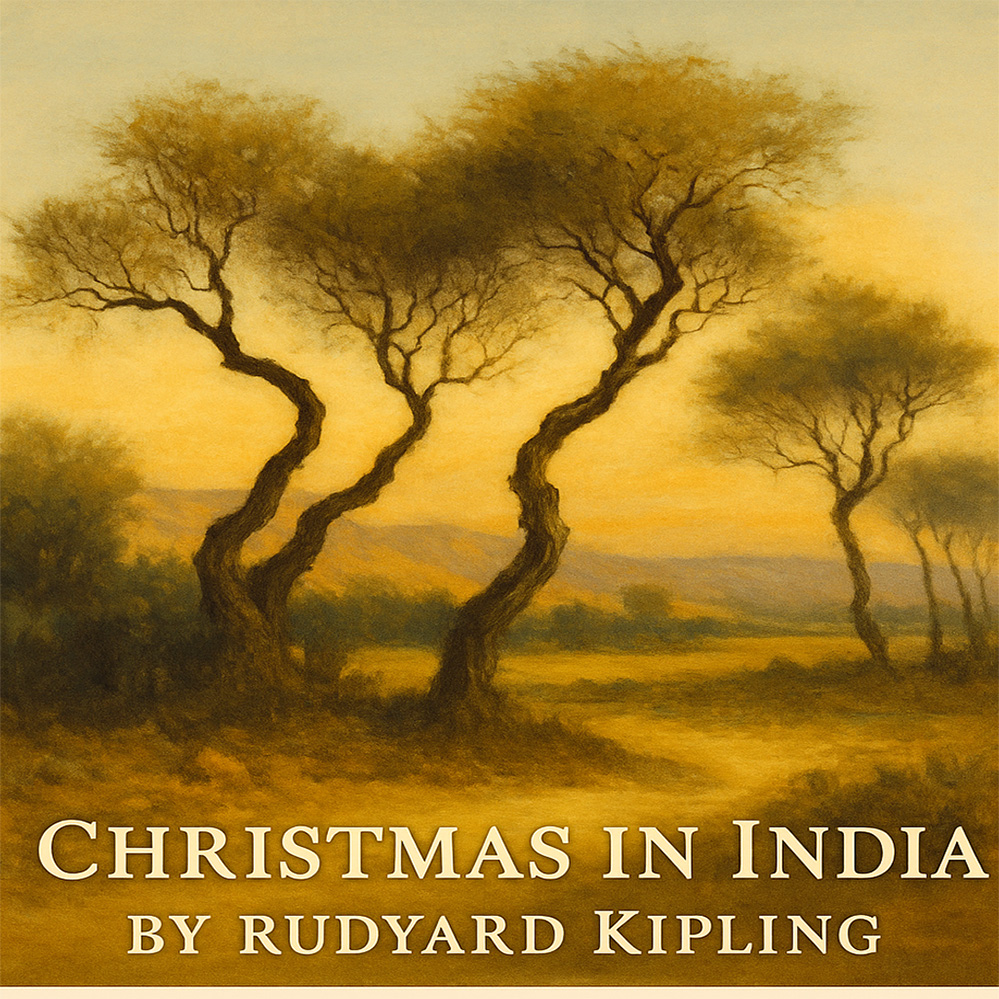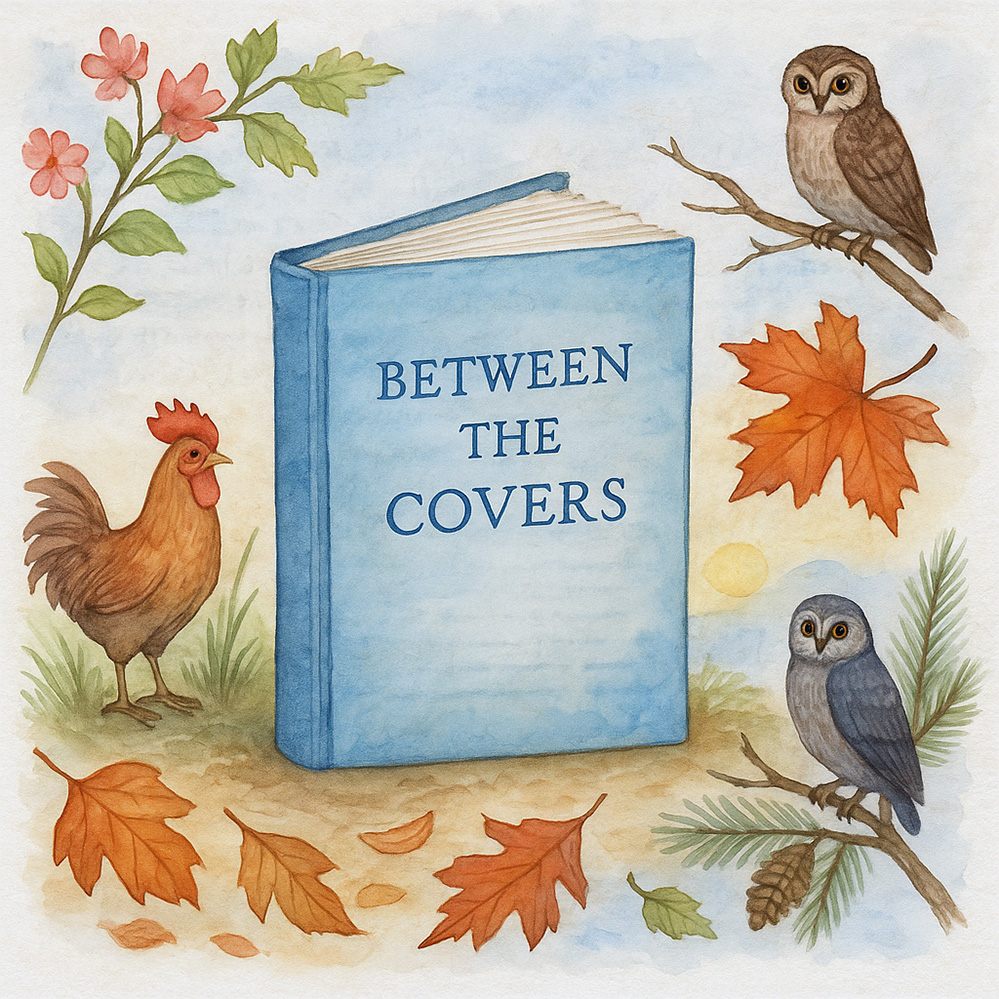
Fitzpatrick's Between the Covers is a whimsical meditation on books, seasons, and the measured rhythms of life. This poem weaves the materiality of print typefaces and handmade covers. with the eternal cycles of spring, summer, autumn, and winter. At once playful and reverent, it suggests that stories are alive within us, shaping memory and meaning as faithfully as the crow at dawn or the owl at dusk.
|
|
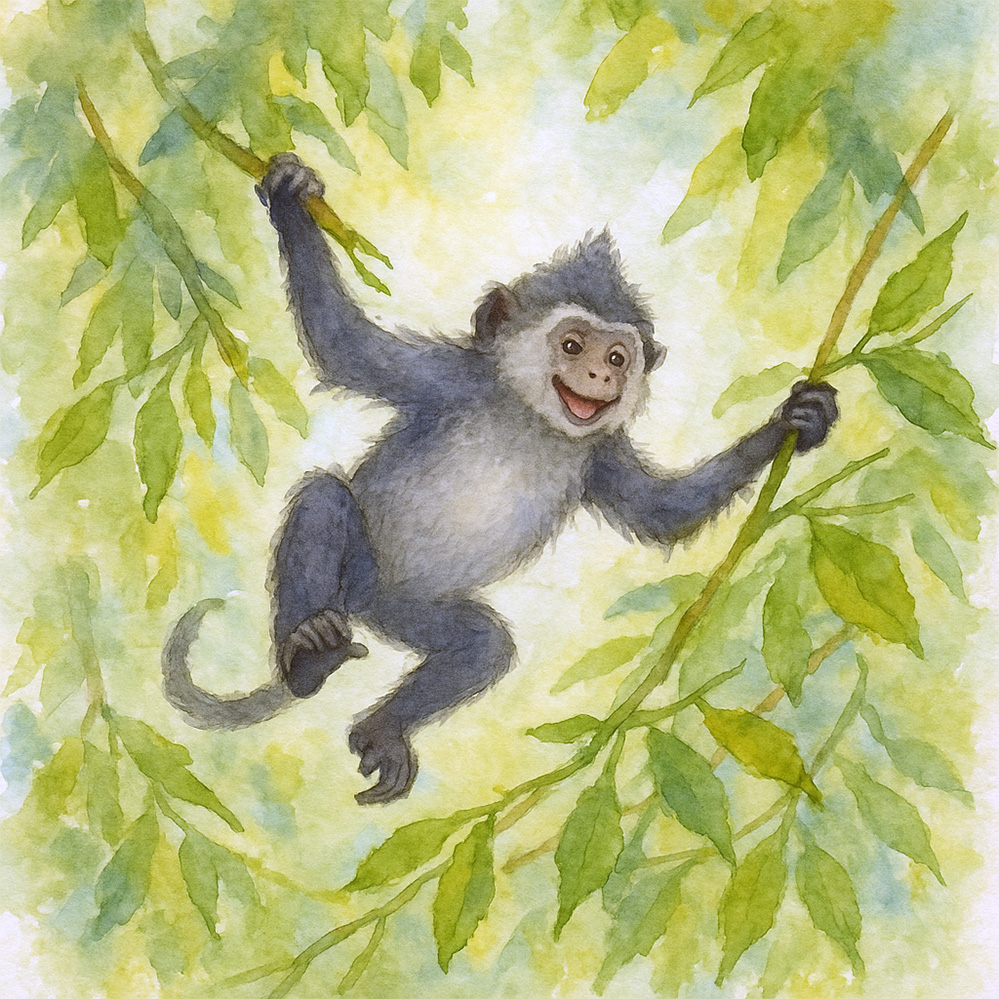
Sigriddaughter, Silver Leaf Monkey
A lively, light filled glimpse of nature, this poem captures the unbridled joy of a young silver leaf monkey at play. Swinging fist over fist, upside down and right side up, the creature tumbles among green leafed twigs with purpose and delight. Its acrobatics are not merely movement but an expression of life itself. a celebration of being. The imagery sparkles with freedom and innocence, leaving the reader with the impression of vitality uncontained, a reminder of how pure and simple happiness can be. |
|
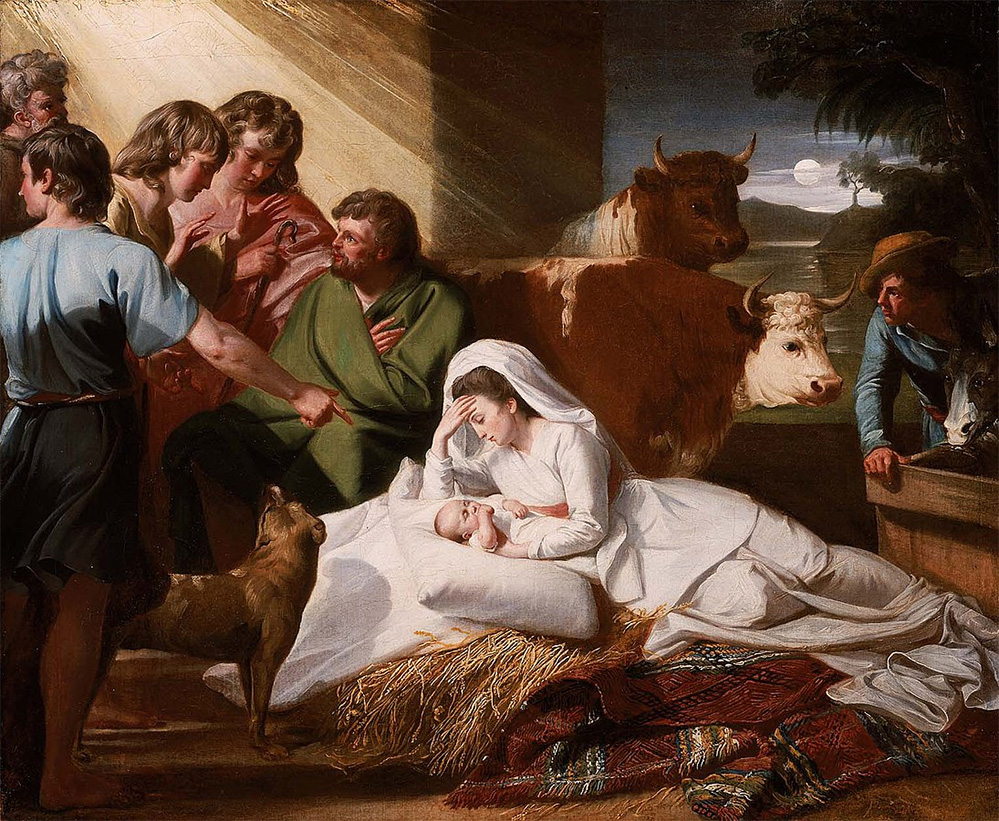
Blanket by Yuxing Xia
Tender and intimate, this piece recalls the layered history of a century-old blanket. Bearing both scars and stains, the fabric becomes a vessel for memory: a shield in childhood games, a comfort in cold nights, and a thread carrying the grandmother's calm voice across generations. The poem is a quiet elegy to resilience, warmth, and the echoes of love that endure through time.
,,,,,,,,,,,,,,,,,,,,,,,,,,,,,,,,,,,,,,,
......... Wild Bells
Ring out, wild bells, to the wild sky,
The flying cloud, the frosty light:
The year is dying in the night;
Ring out, wild bells, and let him die.
Ring out the old, ring in the new,
Ring, happy bells, across the snow:
The year is going, let him go;
Ring out the false, ring in the true.
|
